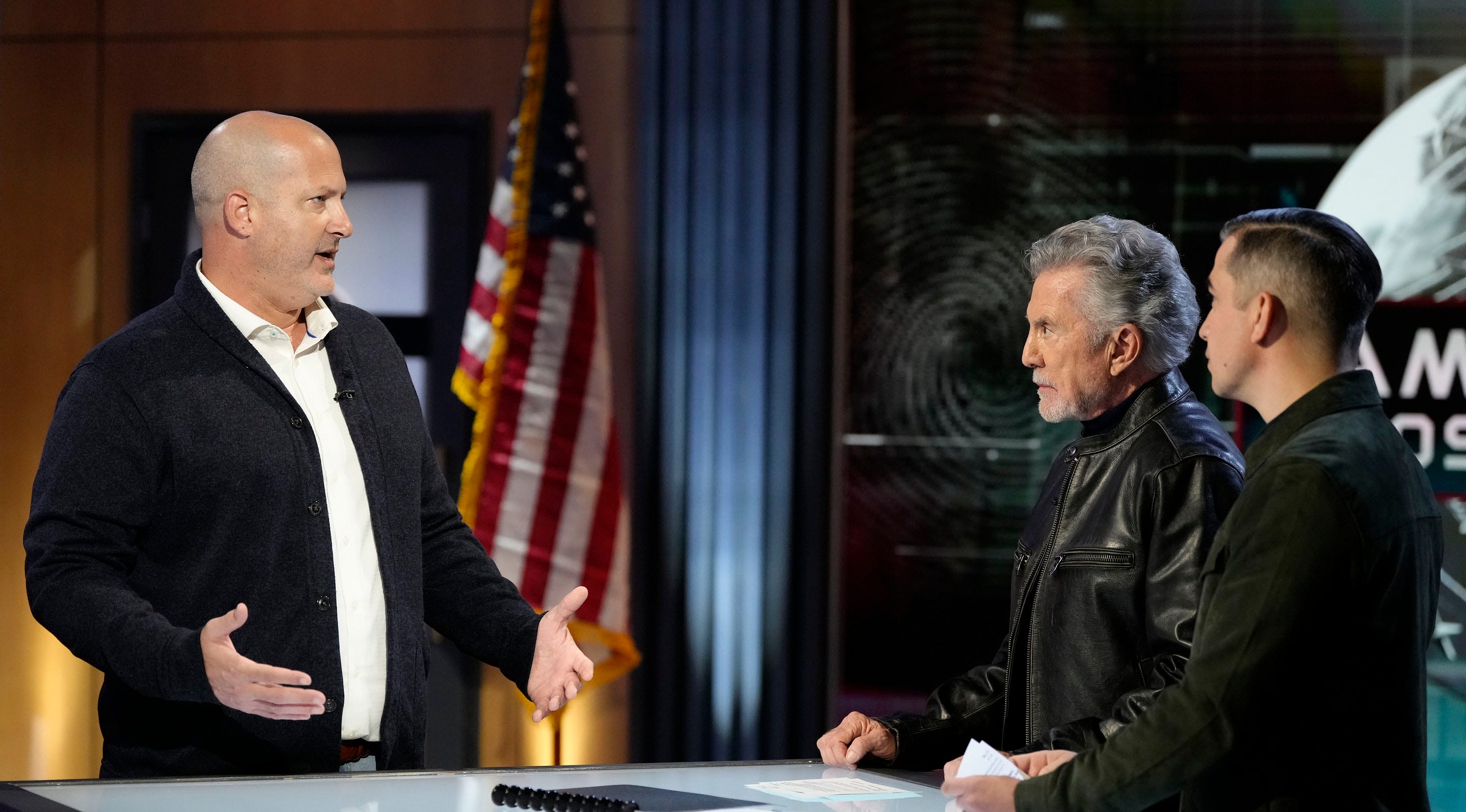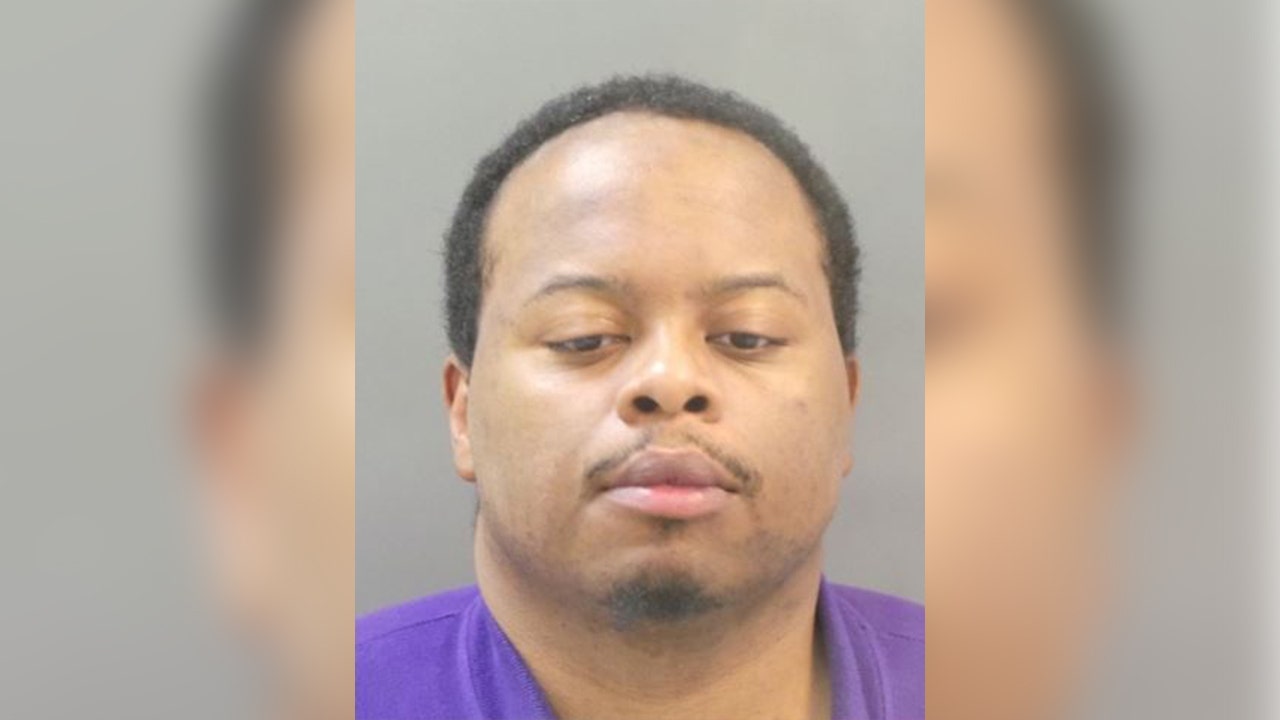The academic senate at the University of California, Los Angeles, will weigh Friday whether to formally rebuke the school’s chancellor, Gene Block, after pro-Palestinian demonstrators were attacked for hours last week without police intervention and more than 200 protesters were later arrested as their encampment was dismantled.
Many faculty members said this week that Mr. Block failed to keep students safe and was wrong to send police officers to arrest protesters at the encampment after initially recognizing it as a form of free speech.
Mr. Block, 75, has served as chancellor of U.C.L.A. since 2007 and has already announced that he will step down at the end of July. But the vote on Friday could still serve as an important indicator of how faculty members at the elite public university feel about free speech and the campus climate in a polarized era.
Members of the academic senate, which includes thousands of tenured or tenure-track faculty members, will be able to speak at a special virtual meeting on Friday afternoon. Then, members of a smaller group known as the Legislative Assembly, which consists of representatives selected by campus departments, will vote on a no confidence resolution and a censure resolution. A vote of no confidence in Mr. Block would be the harsher of the two measures.
“For many of us, we feel strongly that the actions and inaction of our chancellor warrant a vote of no confidence,” said Carlos Santos, an associate professor of social welfare who represents the Luskin School of Public Affairs in the Legislative Assembly. “We feel strongly that it’s critical that we go down in history as centering our students’ safety, first and foremost.”
Mr. Block’s office did not comment on the resolutions before the meeting.
If the academic senate passes one or both resolutions, U.C.L.A. will join a growing list of universities whose faculty and staff have united with protesters to rebuke their administrators’ handling of pro-Palestinian demonstrations.
Earlier this week, the academic senate at the University of Southern California voted to censure its president. The University Senate at California State Polytechnic University, Humboldt, last month took a vote of no confidence in its president, Tom Jackson, Jr., after law enforcement officers in riot gear responded to activists who took over an administration building.
Frustration with Mr. Block has mounted since the night of April 30, when a large group of counterprotesters confronted a pro-Palestinian encampment that had sprawled across a campus quad days earlier.
Administrators initially took a more hands-off approach to the encampment than other universities, citing University of California policy that law enforcement was to be called “only if absolutely necessary to protect the physical safety of our campus community.”
But on April 30, the sixth day of the encampment, Mr. Block declared the site illegal and warned protesters to leave. He cited some violent incidents between protesters and counterprotesters, as well as examples of pro-Palestinian demonstrators blocking access to parts of the campus.
Counterprotesters arrived later that night and sprayed students with pepper spray, shot fireworks into the encampment and used metal pipes and other objects to attack protesters. Police and security officers who were present for parts of the melee didn’t intervene for hours, and no arrests have been made in the attacks.
The next night, administrators authorized police officers from three agencies to clear the encampment.
Criticism from members of the campus community, as well as state and local officials, was swift. Mr. Block called it “a dark chapter in our campus’s history.”
He subsequently established an office of campus safety, with a former police chief at its head, to oversee the university’s police department. He also brought in outside consultants to investigate what happened during the attacks.
Until then, “we thought the university was handling it great,” said Matt Barreto, a professor of political science and Chicano studies who has been acting as a spokesman for a faculty group that has been supporting the protesters. So the sudden change in approach and particularly what Mr. Barreto said was an overly violent police response, was jarring.
Some Jewish organizations, however, were upset by videos of protesters blocking students from accessing walkways or buildings if they did not renounce Zionism. Jewish Federation Los Angeles said the climate had become hostile to Jewish students and that there had been a “horrifying escalation of antisemitism.”
At a news conference on campus on Thursday, members of the informal faculty group read statements condemning the university’s response to the protests. Some wore caps and gowns.
They said an open letter had been signed by more than 800 faculty members demanding that Mr. Block resign; that legal charges be dropped against any student or staff member who was arrested in connection with the protests; and that the university issue a report on its investments.






